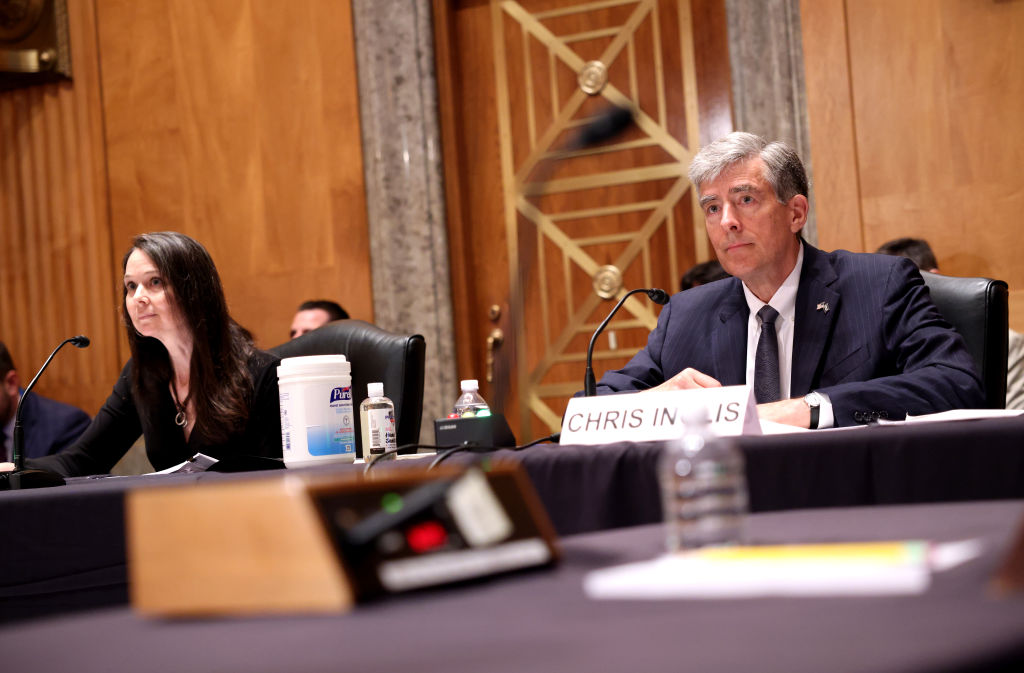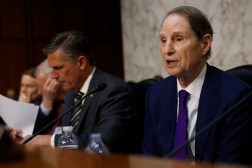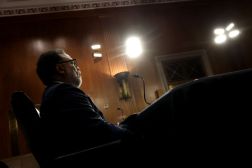Chris Inglis confirmed as first US national cyber director after Senate vote

The Senate on Thursday confirmed Chris Inglis as the new White House cyber czar, a role it enacted into law late last year.
The new role will play a key part in coordinating the government response to major hacks and other cybersecurity threats. Inglis takes on the position as the U.S. has dealt with an onslaught of cybersecurity incidents, including ransomware attacks on Colonial Pipeline and meat supplier JBS. The national cyber director will also lead the implementation of cyber policy and strategy, including efforts mandated by the Biden administration to improve federal cybersecurity.
Inglis will be expected to work closely with Anne Neuberger, deputy national security advisor for cyber and emerging technology on the National Security Council, as well as Jen Easterly, Biden’s nominee to lead the Department of Homeland Security’s cybersecurity agency, should she also be confirmed by Congress.
Inglis will also coordinate cooperation between the government and the private sector on critical cybersecurity issues.
Inglis spent nearly three decades at the NSA. He more recently served on Congress’s Cyberspace Solarium Commission, which recommended the creation of the White House cyber director role.
At a confirmation hearing last week Inglis emphasized the need to address a growing ransomware crisis that has affected a number of critical industries, including healthcare and the fuel sector. He also expressed support for greater regulations of such industries.
“When [private firms are] conducting critical activities upon which the nation’s interests depend, it may well be that we need to step in and we need to regulate or mandate in the same way we’ve done for the aviation industry, for the automobile industry,” he said.
The creation of a national cyber director was vehemently opposed by the Trump administration, which scraped a similar position in 2018.




